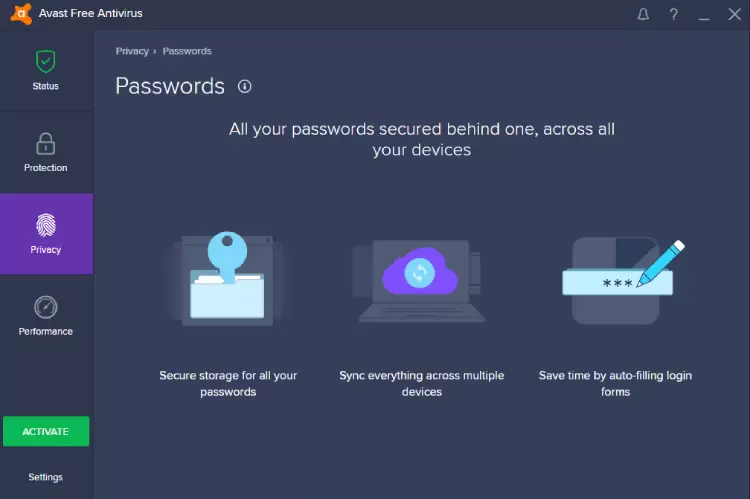
/avast-free-antivirus-e66305cb7e1b47e1a56be6abcac91ee9.png)
Avast Secure Browser FAQ (Frequently Asked Questions)Īvast Secure Browser Latest Version OverviewĪvast Secure Browser is a Browsers and Plugins application like SRWare Iron, Torch Browser, and Cyberfox from AVAST Software.Top Avast Secure Browser Alternative Apps for Windows.Steps to uninstall Avast Secure Browser in Windows 95, 98, Me, NT, 2000.Steps to uninstall Avast Secure Browser in Windows XP.Steps to uninstall Avast Secure Browser in Windows 10 / Windows 8 / Windows 7 / Windows Vista.

How to uninstall Avast Secure Browser in Windows PC/laptop?.Best Features of Avast Secure Browser for Windows PC.How to download and install Avast Secure Browser for Windows 10 PC/laptop.What is New in the Avast Secure Browser Latest Version?.Download Avast Secure Browser for Windows 10 (64/32-bit) PC/laptop.Avast Secure Browser Latest Version Overview.Unfortunately, this makes it easier for hackers to create a single piece of virus code that will hit millions of users. Secondly, the run-away popularity of easy-to-use distributions like Ubuntu has consolidated the fragmented Linux user base. The fact that major computer distributors like Dell are shipping desktops and laptops with Linux per-installed is testament to this shift. Firstly, there is a general increase in the popularity of the OS with more and more home users adopting Linux. In the past few years, however, both these points have been eroded. Secondly, the fact that there are many variations (distributions) of the Linux OS meant virus programmers would have to create and test separate attack code for each of them.Ĭompare this to Windows where a single virus code is capable of infecting everybody that uses the operating system.

It was always far more lucrative to attack Windows because of its large user base. This meant hackers had a low number of potential victims and hence a low 'return on investment' for their efforts.

Firstly, the general popularity of Linux amongst home users wasn't very high. It used to be the case that Linux was not heavily targeted by malware writers for two main reasons.


 0 kommentar(er)
0 kommentar(er)
